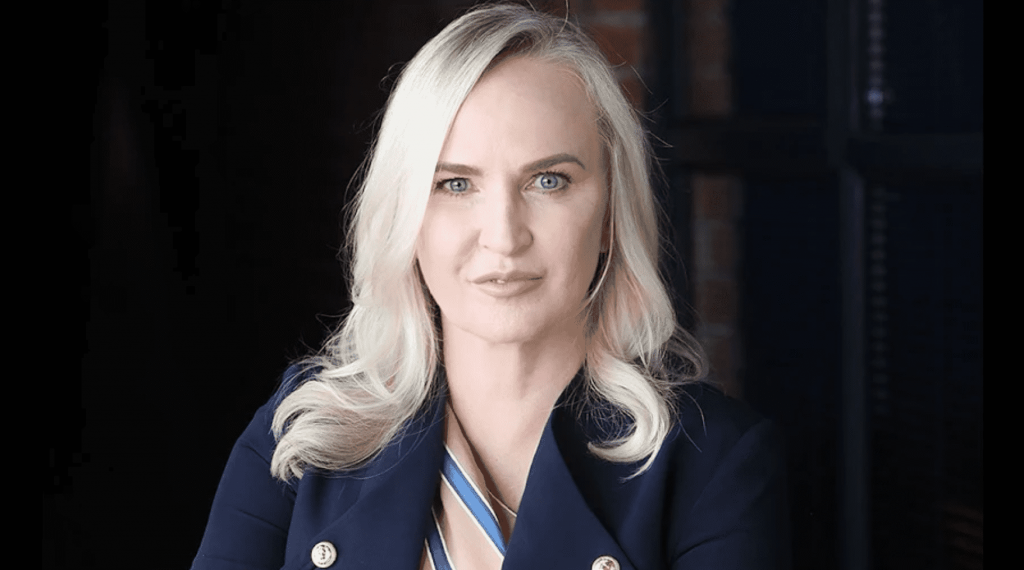In a move that signals a major leap forward in generative AI, OpenAI has quietly rolled out ChatGPT-5, its most advanced model to date….
Execution is more vital than strategy for startup success

Strategy sets the course for startups, but without team alignment and pragmatic action business will fail. After ten years of building capacity for thousands of entrepreneurs in Africa, Asia and Europe, the one thing I know to be true is that smart-thinking founders who favour pragmatic action and team alignment over everything else win.
Starting, running, and growing a successful business is no easy feat. Founders navigate the first year facing the dreaded statistic of a 70% potential failure rate. If a startup is lucky enough to make it through the first year, the chance of not making it drops to 35% by year three.
The cruel truth as to why so many emerging businesses die? Poor execution, bad execution, and focusing on the wrong thing to execute ranks high amongst the reasons. But there’s a lot that founders can do about this.
- Execution is a competitive differentiator
In a volatile, uncertain, unpredictable world, strategies too often live on a server somewhere. Having an idea is the easier and less valuable part of the business. Marshalling the resources and humans needed to execute the business strategy is a completely different story. This is the hardest thing to do in business, which is why founders who have teams that nimbly execute well on strategy harness a major competitive differentiator.
Clearly defining the roles and responsibilities in a fast-moving, growing business is masterful. Ensuring that the metrics, targets and rewards are in place to empower this is important. Great communication is the lubrication that turns strategy into united action. Not every company excels at communication or people management and culture. Which is why execution is hard.
- Founders set the tone
Outsourcing execution is disastrous – about as disastrous as trying to get someone else to realise your dreams or to live your life for you. And when it comes to execution, founders are the leaders who set the tone and create the culture that supports this.
Founders and CEOs shape the flow on a Monday morning for how the rest of the week will pan out. Leaders set the tone with a new client when we sign the deal. And we set the tone with our team when the chips are down. Accepting how much we as founders set the tone for the present and future, is how we change this.
- Rituals and rhythms
What helps good communication and activates action in teams are the rituals and rhythms of good leadership, communication and project management. In business, feedback is the breakfast of champions and regular rituals that champion and measure execution is a massive difference maker. Those companies that make the time to do project management well, and enable an adult culture where teams take accountability, innovate and own things goes a long way to building businesses.
I asked Mamela Luthuli, a leader in the technology industry who is one of the best trailblazers I know when it comes to leadership and execution what her secret to execution is. This go-getter recently won the IT Personality of the Year Award from the Institute of Information Technology Professionals South Africa for her achievements.
This is what Luthuli told me: “Execution is when the rubber hits the road. The best way to execute is to keep it simple and actionable. It is also extremely important to be an example to your team because they will follow suit by becoming doers,” she says.
“Execution works hand in hand with strategy — the real trick is to ensure that everyone buys into the strategy and is aligned about what needs to get done in the business,” Luthuli adds. “Execution needs great leadership with effective communication. Leaders must communicate the purpose and vision of a company convincingly and consistently. This isn’t a once-off but is a process. It is something you do repeatedly to get buy in from your team. To drive great execution, communicate clearly and create a culture of getting things done on time and done well.”
Execution is a people thing; it is about culture and relationships. When founders get this consistently right it becomes a compounding force that truly scales sustainable businesses.
Words by Catherine Young
Catherine Young is the founder of Thinkroom Consulting and Thinkubate. She is also Managing Partner of Grindstone and Grindstone Ventures. As the founder of Thinkroom, Young is involved in entrepreneurial ecosystem development across Africa and has grown businesses into Southeast Asia and the UK. A SME ecosystem influencer in Africa, Young works with clients in the space of entrepreneurship development across the continent.
Read next: Tunisia’s Startup Village sparks collaborative success

